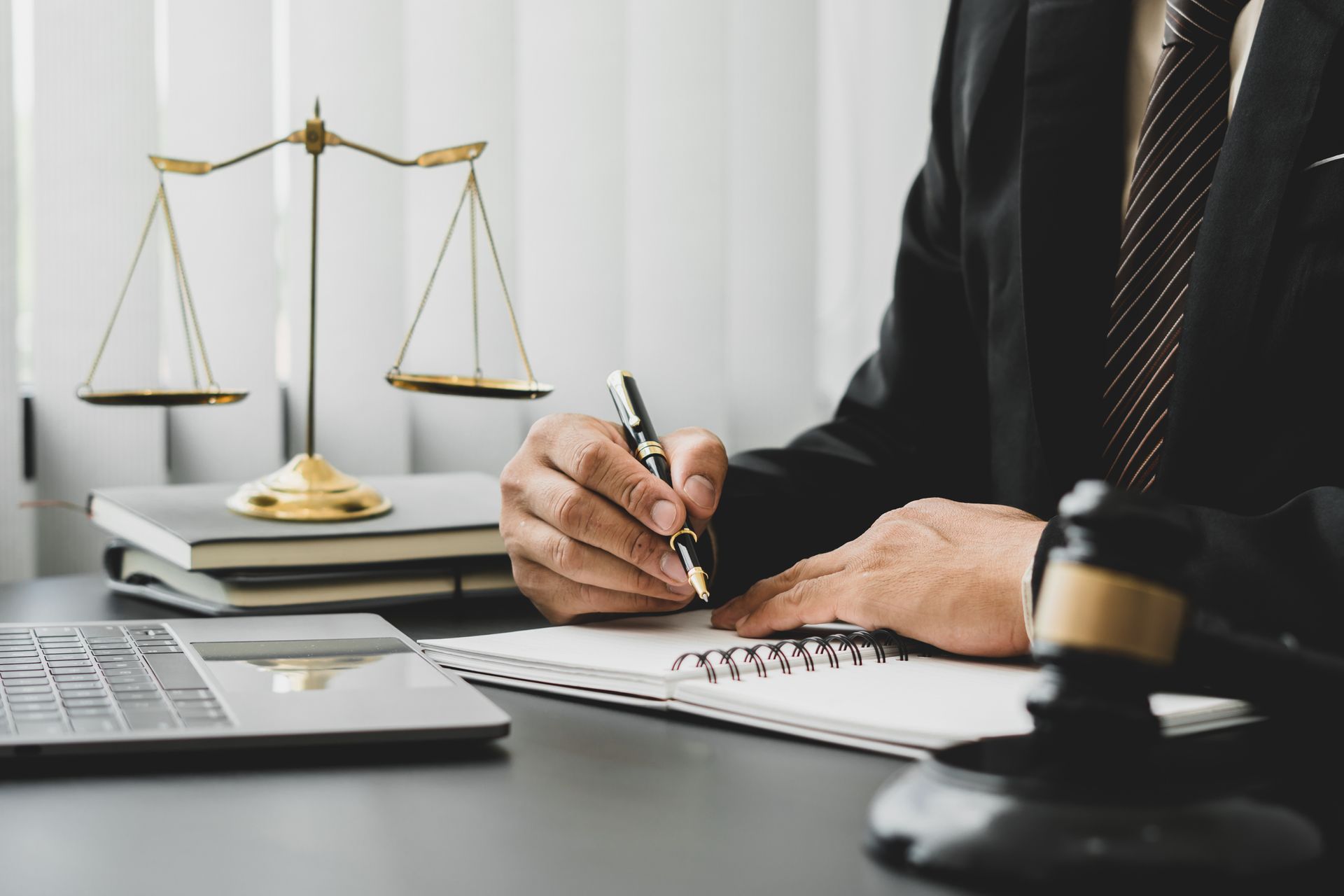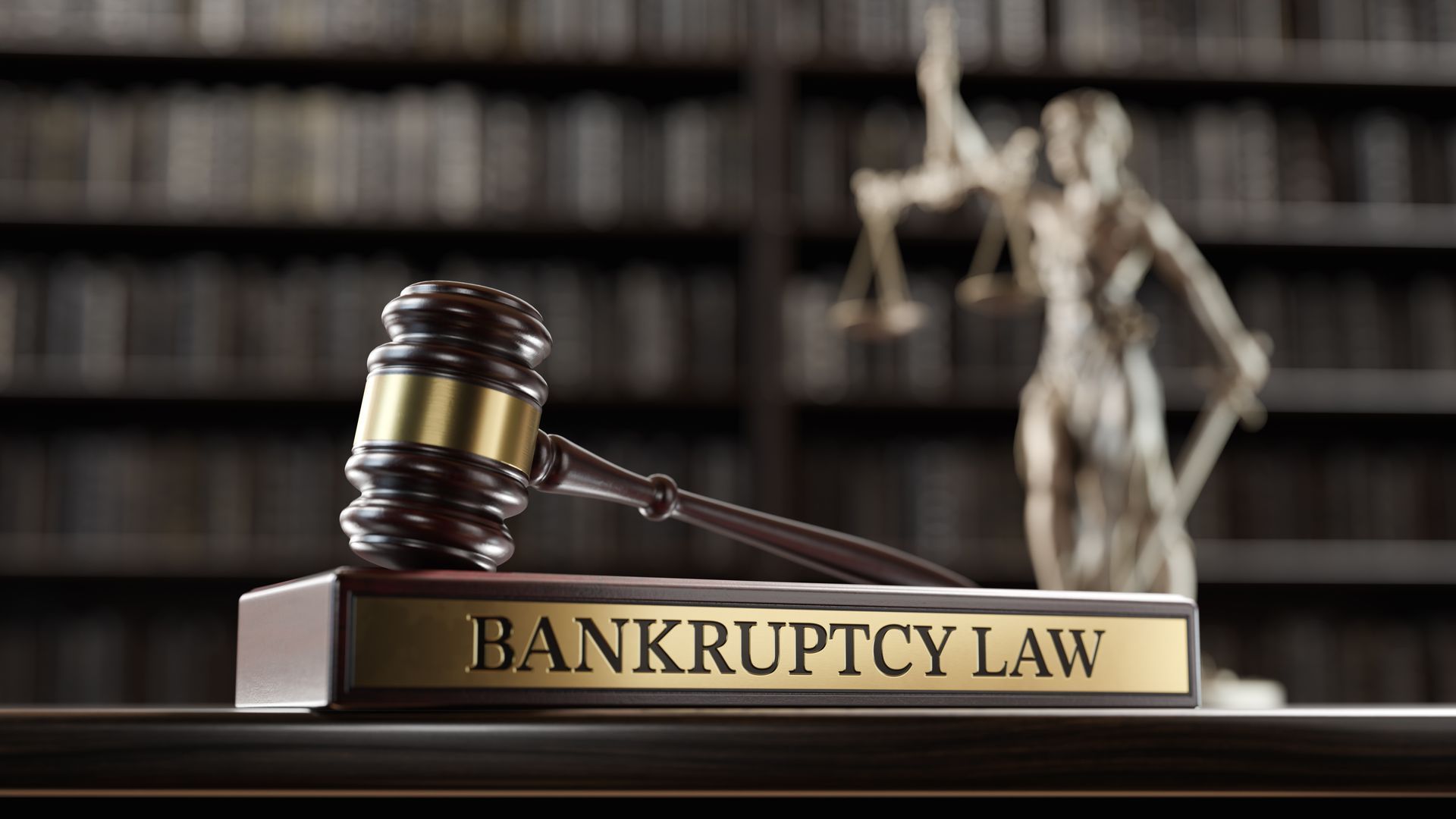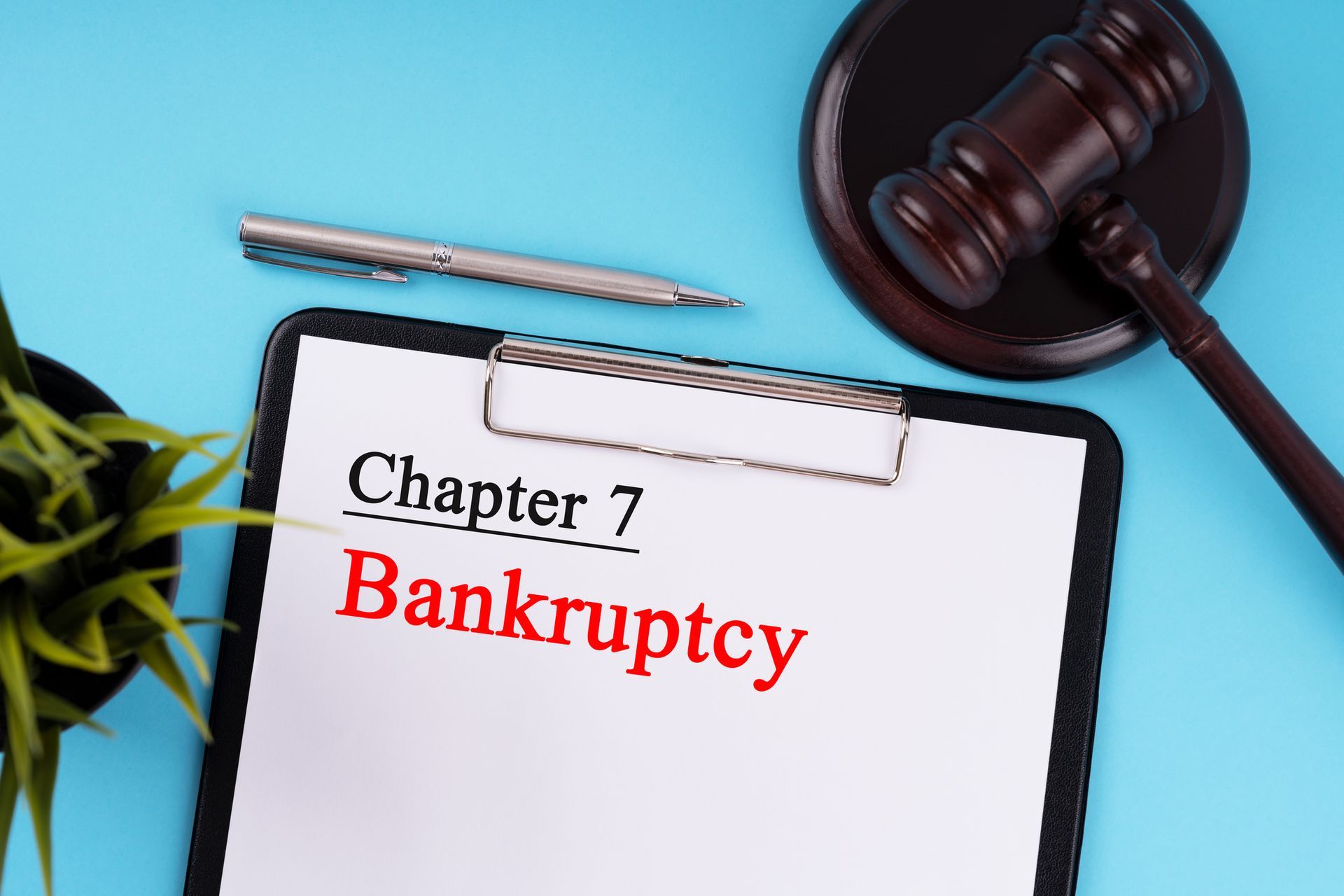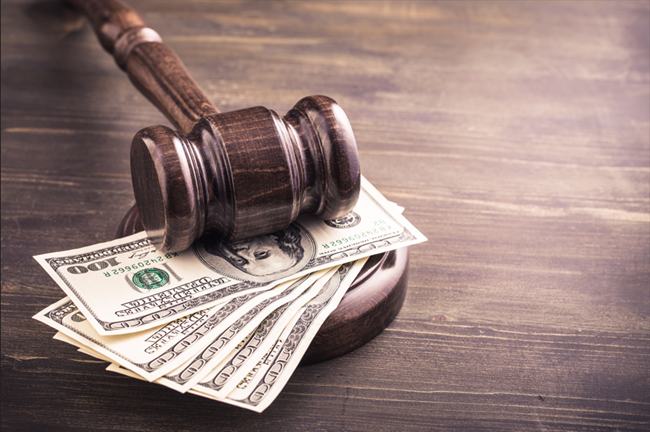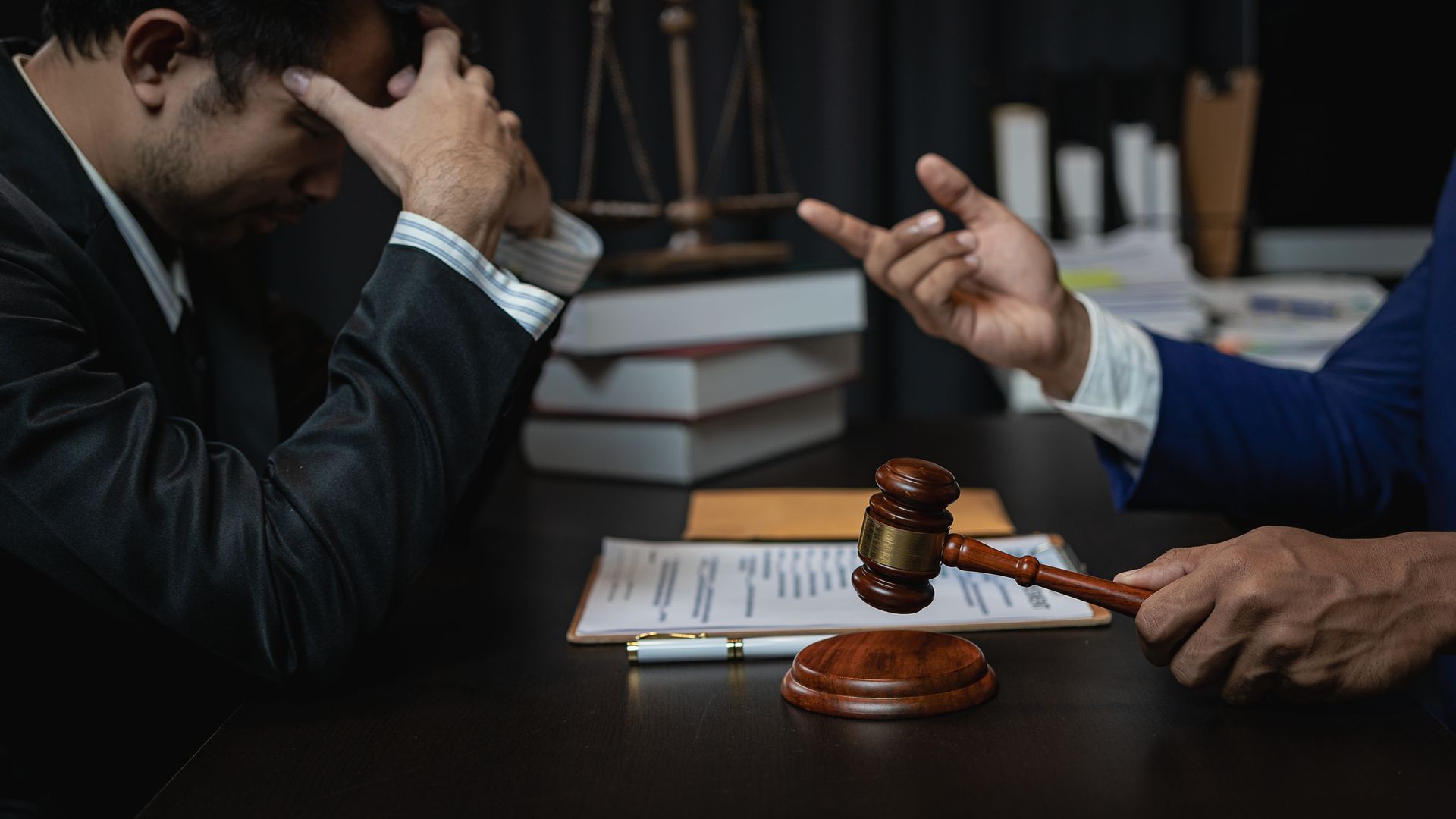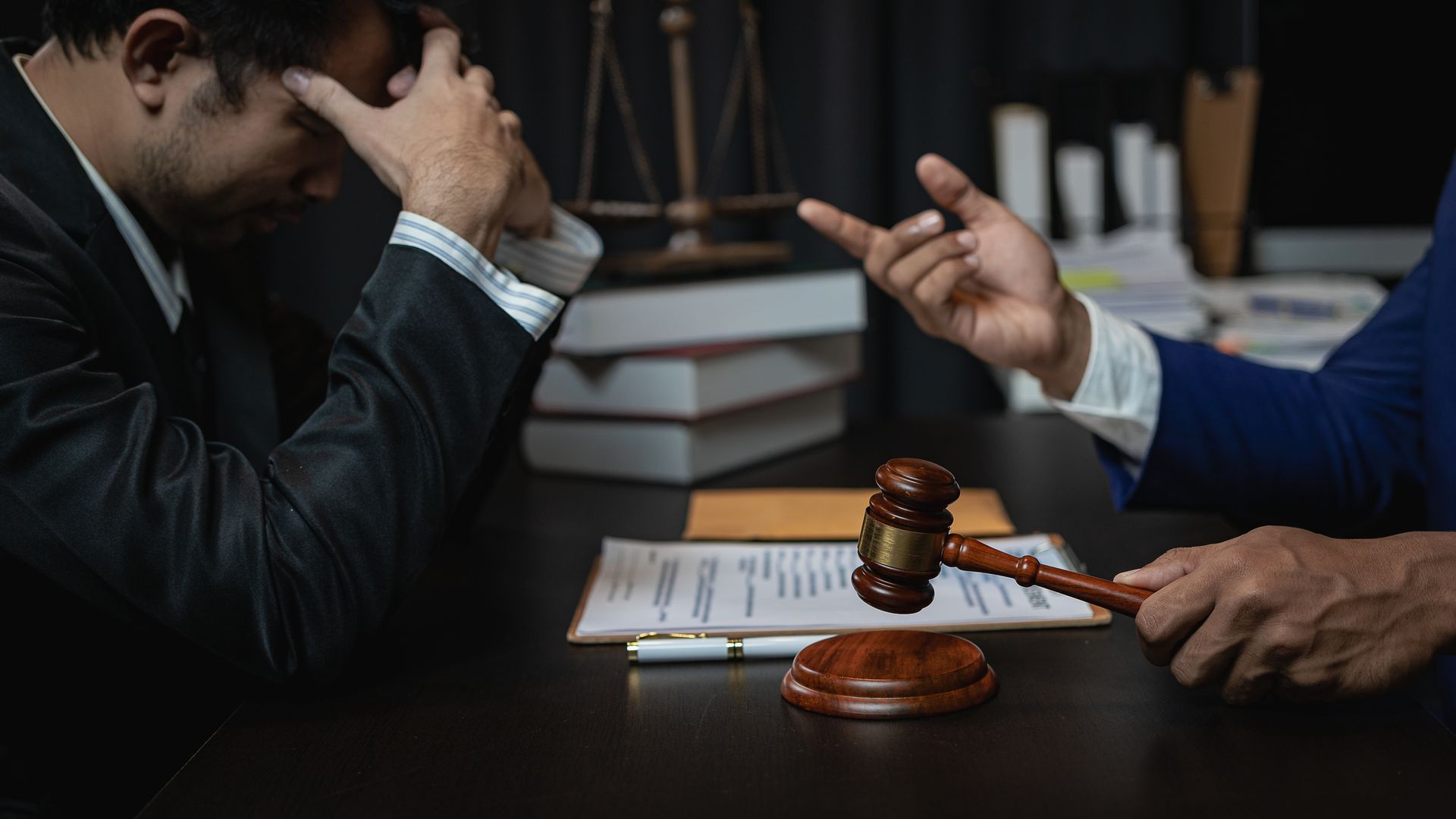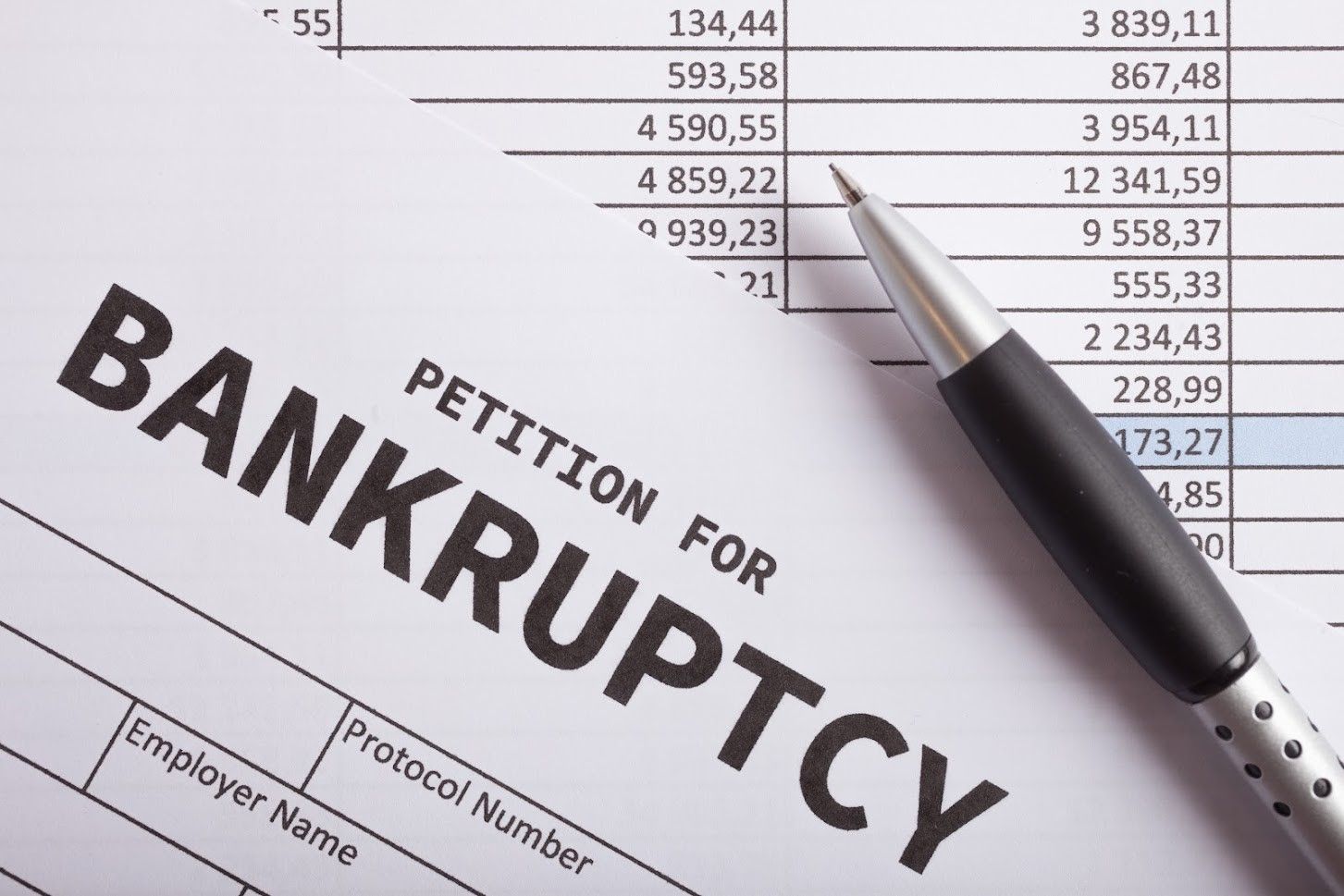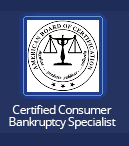4 Reasons to Discuss Your Bankruptcy With Business Partners
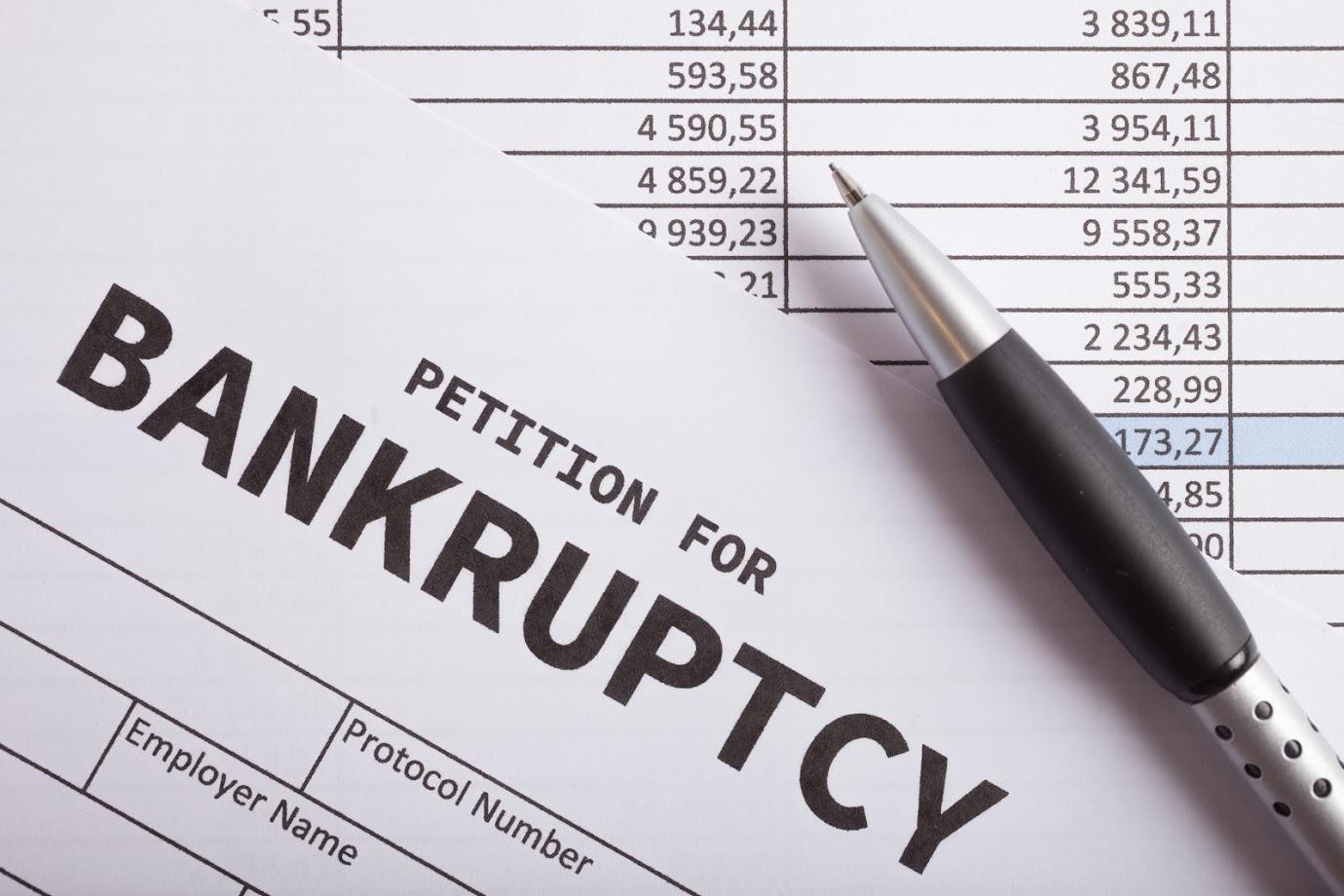
Are you a small business partner considering declaring personal bankruptcy? Undoubtedly, this is a challenging time for you. The relief that comes from completing a bankruptcy will benefit your finances and your stress level. But the road to get there can be difficult. And for a small business owner, these challenges are complicated by the company assets as well as the partnerships involved.
For many in your situation, the question of whether or not to tell business partners your personal financial situation is a difficult one to answer. While you are not legally compelled to tell partners about a personal bankruptcy in most cases, you might still find several good reasons to share the information. Here are four of the most important ones.
1. It Shows Transparency
Because you're in business with others, a certain level of trust generally must be inherent in the relationship. Hiding something as large as a personal bankruptcy may be taken as a sign that you aren't open with your partners. While that may not legally affect your business, it does harm the relationship you've developed and creates interpersonal problems that reverberate throughout the company.
Instead of hiding this issue, keep your partners in the loop about ways it may affect them. You don't need to tell them your entire story or share details that should be kept private, of course. How much to share and how much not to share is up to each person pursuing debt relief. But do spend time coming up with a plan as a group to handle any public relations or financial impacts.
2. Creditors May Pursue Partners
Many loans and credit extensions to partnerships often include the phrase “individually and severally liable.” This legal term means that if one person doesn't pay, the other guarantors are liable for the full amount — even if you only own a small stake in the partnership. Creditors, in other words, may come after your partners for payment.
One big difference between personal and business bankruptcy is the discharge of debts. Generally, what remains of personal unsecured debts after estate liquidation are discharged. Business debts are much harder to discharge, so you and your partners cannot assume that any partnership obligations will be eliminated.
3. The Court Will Be Involved in the Business
Your interest in the partnership (or corporation) is an asset that the court can consider for seizure to pay debts. Do you have significant capital invested in the company? If so, the court may deem it available to be sold and used to pay debts during a Chapter 7 bankruptcy. Or the bankruptcy trustee could become a sort of business partner by controlling your portion of the assets.
Even if you don't have much capital, if you get a salary for services to the partnership, the court can become involved. Guaranteed payments, paychecks, and other benefits are likely to be included in calculations for your Chapter 13 debt repayment plan. This might involve the court in your affairs for up to five years.
4. Guaranteed Debts May Become Due
If your partnership has any debts that were personally guaranteed by a partner who later declares bankruptcy, those debts may become immediately due and payable. This sudden shift can easily put the business and other partners in a bind.
Triggering something this drastic might even cause others to need to seek debt relief of their own. So, you and your partners discuss how to forestall problems in advance.
These are just a few of the ways that your partnership could be affected when you decide to seek bankruptcy relief. However, none of these challenges is insurmountable. By working together as professionals, you and your partners can make a plan to mitigate any negative effects.
As a group, your greatest asset will be an experienced bankruptcy attorney. You may even want to meet with one together. At Charles J Schneider PC, our legal team is ready to help with whatever you need during this difficult but important time. Call today to make an appointment.

